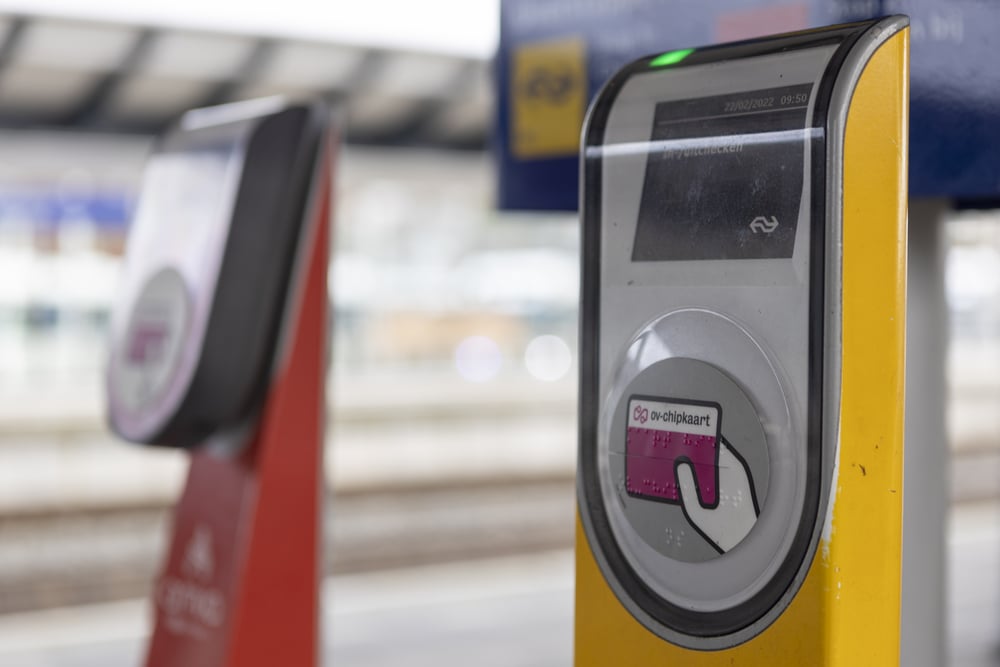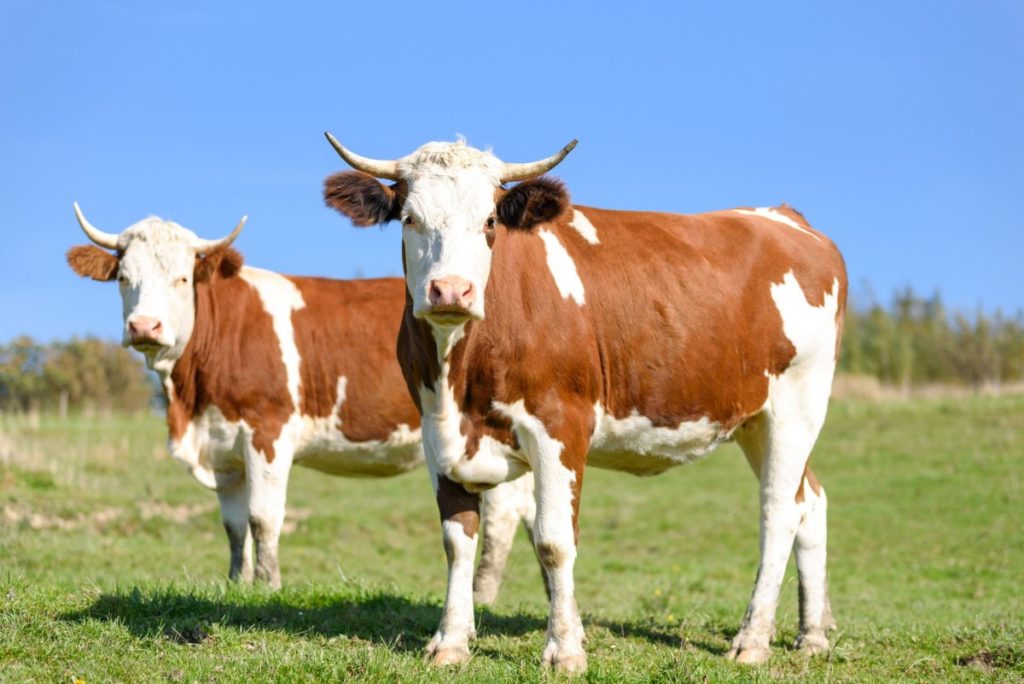Hoera! The new year is approaching quickly — and with it come higher costs and income adjustments. 😬
As the AD writes, new financial changes are coming our way starting January 1, 2025.
What will these changes look like? Let’s break them down.
The good, the bad, and the ugly of income adjustments
1. Your monthly salary will change
Do you make an average Dutch salary? Good news! From 2025 onwards, you will get an extra €56 in net pay per month.
However, if you earn between €1,000 and €2,000, you might actually see your salary go down. Ouch. 😬
For example, if you work 36 hours per week at a minimum salary, your net salary will decrease by €4.75 per month, earning a monthly salary of €2059.08.
2. We’re getting a new tax bracket
The third tax bracket is back and ready to shake things up. The result? Most people will be left with a little more money — yay!
The first tax bracket will be lowered to 35.82% (on income up to €38.441), while the general tax credit will decrease by €294. The labour tax credits, on the other hand, will increase by €67.
3. Pensions are going up
Some good news for the retired! 🎉
As of 2025, a €1,000 supplementary pension goes up by €12 per month, and a €1,500 supplementary pension increases by €18.

4. Dutch minimum wage is rising
The minimum wage in the Netherlands will rise from €13.27 to €14.06 per hour in 2025.
With this, the basic old age pension (AOW) and benefits will also increase. Hoera!
5. Changes to government allowances
Given the rising living costs in the Netherlands, Dutch toeslagen will be raised next year. More specifically:
- The maximum healthcare allowance will increase by €8 per month.
- The rent allowance will increase by €12 per month.
- Childcare allowance will increase for households with an income of up to €160,000.
6. Savings tax remains the same
The savings tax for 2025 stays at 36% above the tax-free amount.
READ MORE | Dutch savings accounts: Best interest rates in the Netherlands in December 2024
In 2025, you can also gift your kids up to €6,713 until you have to pay tax on it. 🎁
Our fixed costs are going up
7. Energy bills will continue to rise
Grid management costs for Dutch energy will rise by 11% next year, adding around €60 per year to the average household’s energy bill.
READ MORE | 5 things you should know about your Dutch energy bill in 2025
On the bright side, energy tax will decrease slightly, saving you around €30.
8. We’ll be paying more for water
It’s time to take shorter showers! As of 2025, water prices in the Netherlands will also increase by 11%.

This will cost the average household an extra €12 next year.
9. The municipality wants its share, too
When it comes to municipal taxes, there will be a 4.8% increase in 2025, adding up to around €45 more per household.
The water board tax will increase by €35 for homeowners and €15 for single-person households.
10. Health insurance premiums have risen (again)
Nobody is shocked to find out that health insurance premiums are going up by €11 per month, adding around €130 to your yearly bill.
READ MORE | Dutch health insurance in 2025: What’s new?
Small changes you’ll feel daily
11. Pricier postal stamps
Are you an old-school letter sender? It might be time to switch to e-mails, as you’ll now pay €1.21 for a stamp instead of the current €1.14.
12. (Even more) expensive train tickets
As if trains weren’t expensive enough, train passengers in the Netherlands must soon pay 6.18% more for their journeys.

Utrecht to Rotterdam? That’ll cost you €12.90 next year (up from €12.20 this year).
13. Like to gamble? You’ll be paying up
Gambling is one way to make some extra cash — but as of 2025, the Dutch gambling tax will jump from 30.5% to 34.2%.
14. Petrol, diesel and LPG are staying the same
In some better news, there will be no extra taxes for petrol, diesel and LPG. Phew!
Looking to buy a new car? As of next year, the purchase tax for cars will increase by €200, depending on the carbon emissions of your car.
15. Change in limit for the National Mortgage Guarantee (NHG)
For now, potential home buyers can take out a mortgage with the NHG for up to €435,000.
READ MORE | What is the Dutch National Mortgage Guarantee (NHG)?
This will increase to €450,000 in the next year.
16. Student debt interest? You guessed it: going up
The interest paid on new and current student debt will increase minimally, with a jump from 2.56% to 2.57%.
17. Farm goods will cost more
The VAT on agricultural goods like animal feed and ground cover will jump from 9% to 21%.

Not a farmer so you don’t care? Well, for us, this means keeping an eye on supermarket shelves — and our wallets.
What do you think of all of these changes coming to our wallets next year? Tell us in the comments below.



